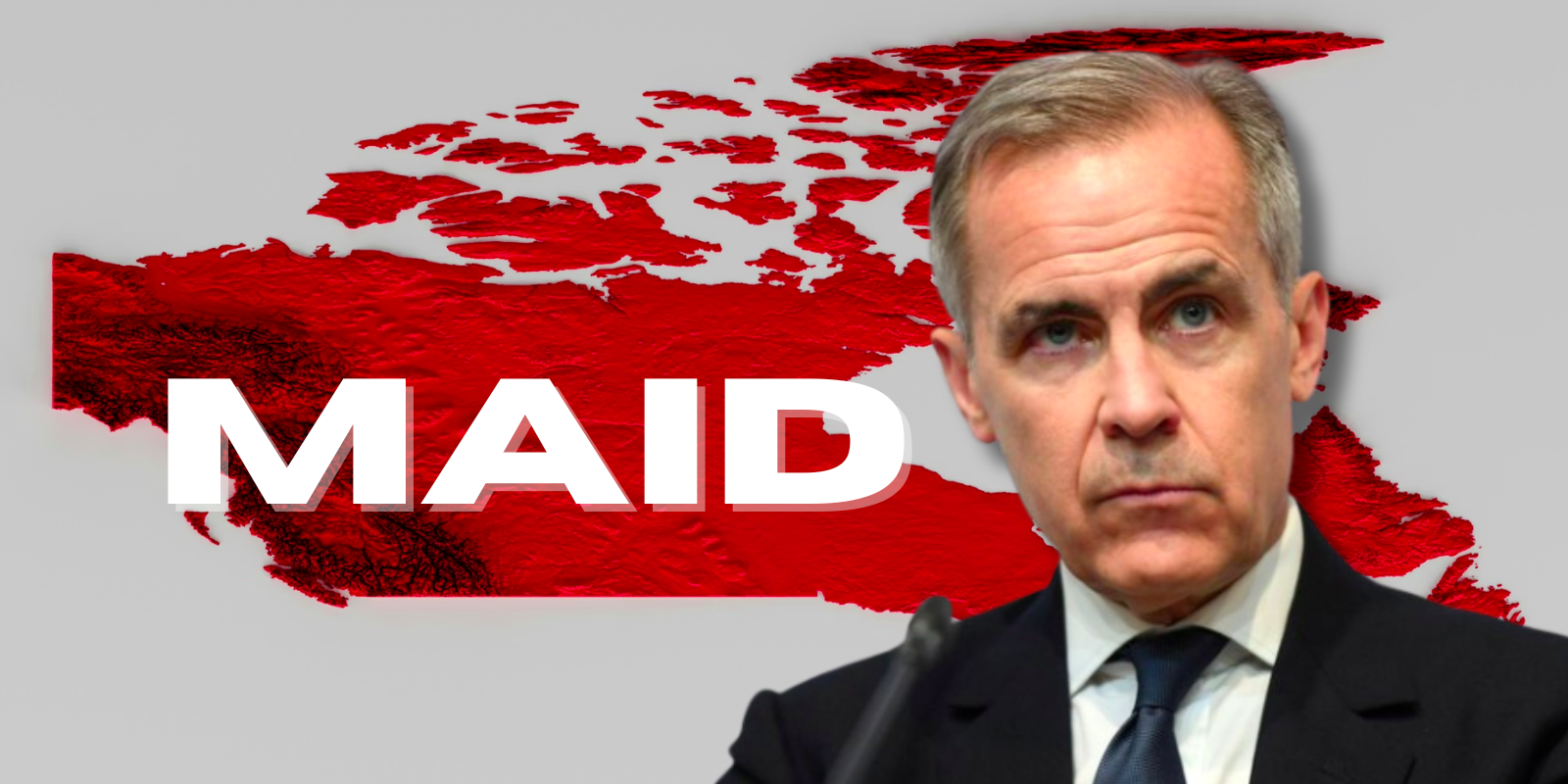When I joined Google in 2015, I had no interest in bringing my politics to the office. I was a conservative and I knew that the company was a pretty liberal place, but I expected that we could all set our differences aside and concentrate on building great products for our users.
Whatever the personal beliefs of its leadership, I assumed that Google had both a financial interest and a legal obligation to treat their employees fairly, and to serve as a neutral content provider for its diverse and global user base. I figured that I would have to sit through a few trite diversity seminars and standard trainings, but would otherwise focus on contributing to a company that I truly admired.
The activists called for the conservative posters to be fired from Google and blacklisted from the tech industry for the crime of having a different opinion.
Sadly, that was not the case.
I discovered early on that Google employees were very active in politics, and the company encouraged this through discussion boards and lists. I initially avoided these discussions, but decided to jump in when I saw my peers being treated unfairly.
In August 2015, there was a massive debate (which I did not participate in) on a Google employee message board over the causes of female underrepresentation in the tech industry. This debate went on for several weeks and spanned hundreds of pages. After a few conservative posters politely shared their opinions in the thread, left wing activists began viciously harassing and threatening them. The activists called for the conservative posters to be fired from Google and blacklisted from the tech industry for the crime of having a different opinion.
Rather than calling for civility, Urs Holzle, a senior executive at Google, stepped in to rebuke the conservative posters and falsely accuse them of making the company an unwelcoming place for women - a completely disingenuous and uncharitable take on the situation.
This mistreatment of my conservative peers struck me as fractally unfair, and I made the decision to speak up.
"Many Googlers have claimed that it is 'harassment' or some other rule violation to critique articles that push the Social Justice political agenda," I asked. "A few Googlers have openly called for others to be fired over it. Do you support this viewpoint, and if so, can we add a clear statement of banned opinions to the employee handbook so that everybody knows what the ground rules are?"
I had hoped that Mr. Holzle, who once wrote a treatise on workplace civility called the "No Jerks Policy," would encourage employees to set their political differences aside and treat each other in a professional way.
But alas, merely asking those simple questions of a Senior VP led to a massive campaign of harassment and a formal rebuke from Google. Progressive co-workers smeared me, called me 4-letter words, and flooded my management with specious complaints. Google HR summoned me to a meeting and issued me a Final Written Warning letter claiming that my question was discriminatory and that it violated multiple company policies.
[caption id="attachment_179989" align="alignnone" width="1920"] Google[/caption]
Google[/caption]
When pressed on why Google felt that was the case, the company was unable to offer anything resembling a cogent explanation.
Many libertarian employees at Google looked on in horror as this played out, wondering how the company they loved had turned into such a toxic and intolerant environment. They established a mailing list called "freespeech@" to promote the cause of free expression inside Google, in Google products, and on the internet at large.
Unfortunately, very few Googlers adhere to the maxim “I disapprove of what you say, but I will defend to the death your right to say.”
As someone who experienced the early days of the Web in the 1990s, my view on free speech is simple. I believe that a robust marketplace of ideas is absolutely necessary for the proper functioning of our Republic, and that both government and corporate censorship undermines this objective. I believe that every American, from Communists to Nazis to everybody in between, deserves free speech so long as they are not advocating violence or breaking the law. Free speech is near and dear to my heart, and I quickly became an active participant in the nascent Free Speech movement at Google.
To that end, I occasionally defended the free speech of extremists, and I frequently spoke out against Antifa mobs who supported shutting down political expression through force. When the infamous white nationalist leader Richard Spencer was sucker punched in the face during an interview, several Googlers openly defended the violent act and took to internal company forums to promote the idea that "Nazis deserve to be punched."
While I strongly disagree with Spencer’s views, I found this precedent absolutely horrifying, and I spoke out. I also spoke out against a masked gang of Antifa thugs who violently attacked a skinhead group. I would have unabashedly defended far-left activists if violent right wingers had attacked them. I have been steadfast in maintaining that the rule of law and the right to peacefully protest are cornerstones of our society.
Unfortunately, very few Googlers adhere to the maxim “I disapprove of what you say, but I will defend to the death your right to say.” Instead, they believe that defending free speech of despicable fringe characters means you must agree with them. For merely opposing Antifa violence, I was routinely accused of being “Alt Right” despite never endorsing those positions.
I firmly believe that once political violence and censorship are normalized as acceptable tactics, there is no stopping point and America's political situation will turn extremely ugly. In just the last few days, three Democratic presidential candidates have described the President as a White Nationalist. Antifa have justified attacks on mainstream conservatives such as Tucker Carlson and Andy Ngo on the grounds that they are fascists. Conservative gatherings are routinely attacked by masked thugs, who operate with impunity and shut down the debate by force.
In the wake of the violent despicable, horrific, and racist mass murder in El Paso, the media will undoubtedly advance a narrative that concerns about Antifa violence should be disregarded. There is no question that murdering dozens of innocent people due to their race is exponentially worse than dousing politicians with sticky milkshakes. Yet this doesn’t make the latter an acceptable form of protest.
[caption id="attachment_177420" align="alignnone" width="1920"] Geoff Livingston. Flickr. CC.[/caption]
Geoff Livingston. Flickr. CC.[/caption]
And of course, no Googler or sane person would ever defend right wing mass murderers either. As a nation we desperately need to relearn how to disagree with each other in a civil manner and to advance our political arguments through peaceful public debates, not acts of violence or censorship.
By granting left wing employees a heckler's veto and terrorizing anyone who disagrees with their groupthink, Google will continue to use its monopoly power over the control of information to impose a narrow ideological agenda on its users and employees.
This same slippery slope affects how Google employees make decisions over search ranking algorithms and content moderation. Activists within the company started by attacking the most extreme provocateurs and trolls, knowing that no one will be willing to defend the most objectionable and horrid speech on the internet.
But within months, the censorship expanded to target the mild-mannered Dennis Prager and comedians like Steven Crowder. At this rate it will not be long before everyone to the right of Bill Kristol is purged from social media.
The nature of censorship at Google is as insidious as it is dangerous. While official company policies grant broad latitude for the squelching of conservative voices and are often used to that end, ordinary engineers often play a role themselves. When I worked at Google I saw numerous instances in which a liberal journalist or media figure would contact the company about a perceived issue. In every single case, Google jumped on it immediately and made it a top priority.
By contrast, Google usually ignores requests from conservative media outlets. I noticed during the 2016 election cycle that a Google Image search for the name of President Trump's book, Crippled America, would return pictures of Mein Kampf instead. I made a good-faith effort to get this problem fixed, filing a bug and escalating it up the chain. But Googlers were not the slightest bit interested in addressing it. It took nine whole months before they corrected the problem. There was no rush to fix a bug that was portraying President Trump in a negative light.
This type of bias does not require orders from on high. Sundar Pichai and Larry Page do not need to make personal demands to censor conservative pages. By granting left wing employees a heckler's veto and terrorizing anyone who disagrees with their groupthink, Google will continue to use its monopoly power over the control of information to impose a narrow ideological agenda on its users and employees.
Kevin Cernekee is a former programmer at Google. Follow him on Twitter: @Cernekee





